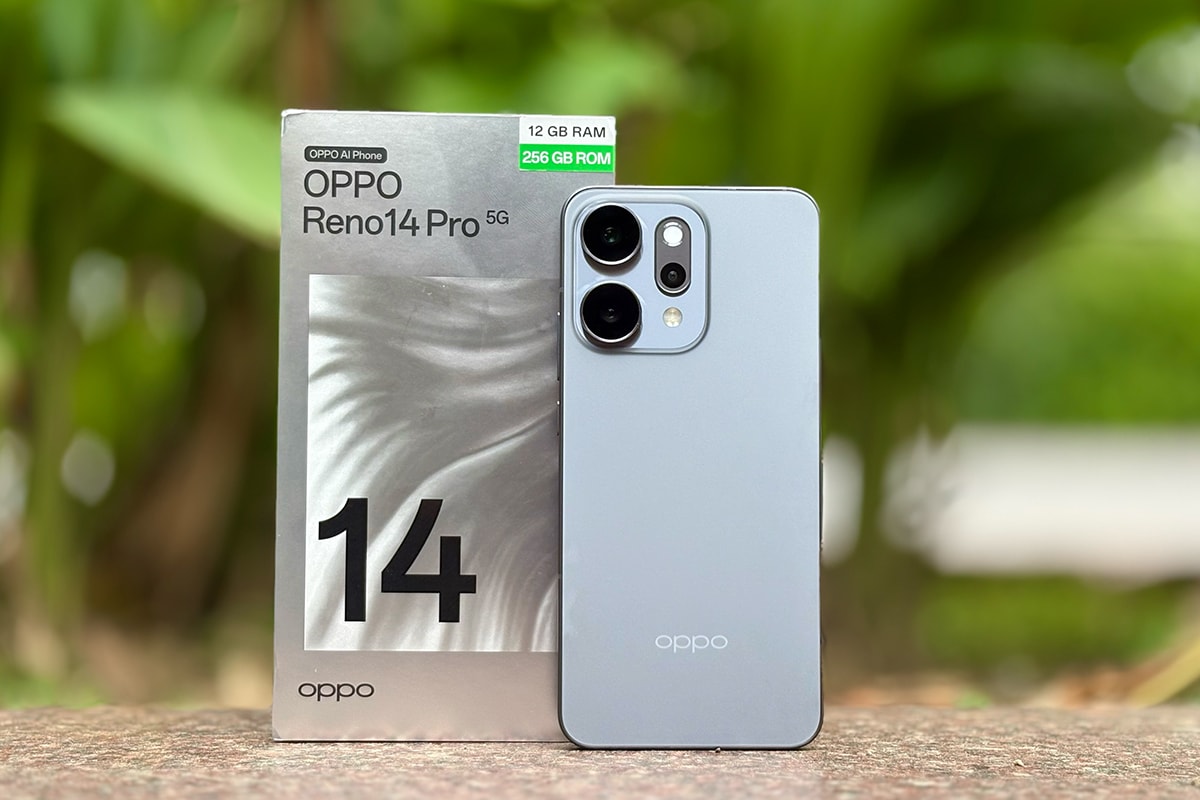ARTICLE AD BOX

Hester Prynne and Andy Byron being publically shamed
In the heart of 17th-century Puritan Boston, Nathaniel Hawthorne’s The Scarlet Letter immortalized Hester Prynne’s public shaming for her personal life. Nearly 400 years later, in the digital glare of 21st-century New York, Andy Byron, CEO of a tech firm, was thrust into notoriety after a viral moment at a Coldplay concert exposed his private indiscretions.
Both stories, though centuries apart, reveal a consistent American tradition: the ruthless spectacle of public shaming and how society polices morality, regardless of era.Hester Prynne: Bearing the mark of sinThe society forced Hester Prynne to wear a scarlet “A” for adultery. It was a punishment designed both to shame her and to warn the community against individuals like 'her'. Over time, Hester’s dignity and resilience transformed the meaning of that letter from “adulteress” to “able,” but what was the compensation for the untold agony she suffered due to this moral policing? Hester’s punishment was a blend of legal and moral judgment, intended to isolate her and reinforce the community’s moral code.
The ritual of her shaming was not private. She endured the collective scorn and voyeurism of her neighbors.Andy Byron: A victim of public verdictA few days ago, a New York CEO’s brief, intimate moment with his company’s HR head at a Coldplay concert went viral. With the world watching, Andy Byron was removed from his position, not by a judge, but by social media verdict. The video led to instant public scrutiny, speculation about his marriage, and ultimately his resignation.
Purpose of Shame: Byron’s actions infringed upon organizational standards, but the swift escalation from workplace investigation to public vilification mirrors the same zeal for moral enforcement.
Instead of the town square, the internet became the trial box, amplifying every frame and encouraging worldwide judgmentDid Andy Byron deserve to resign? In a trust-driven industry, CEOs are often held to higher standards, even in private matters, because personal choices can affect a company’s image, investor confidence, and workplace morale.Was the punishment fair? Arguments vary:Byron’s actions risked undermining Astronomer’s ethical code and could raise questions about favoritism or workplace boundaries. However, critics argue that one’s private life shouldn’t destroy a career unless it directly affects job performance. The rapid responsiveness felt less like justice and more like an attempt to preempt public outrage.Was Andy Byron a victim?Byron was “outed” before he had an opportunity to explain or defend himself; the instantaneous nature of viral media allows no shelter, similar to Hester’s public display of penance.
Much like the Puritans’ need for spectacle, today’s public continually demands confessions and consequences—often before all facts surface, and regardless of the line separating personal from professional.Was someone out to get him?There’s no evidence that Byron was intentionally “set up” by Coldplay or others—rather, circumstance, technology, and an eager public did the work. In both cases, individual transgressions were magnified into community drama.Hashtag is the new Scarlet LetterCenturies after Hester Prynne’s ordeal, the machinery of public shaming in America shows few signs of evolution. The symbols change-from embroidered letters to trending hashtags, but the collective appetite to watch, judge, and punish remains. Whether in colonial Boston or digital New York, the boundaries of personal responsibility and public condemnation remain perilously blurred.
What Andy Byron or Hester Prynne did-whether right or wrong, is far from black and white.
Their actions live in a vast, complicated gray area where human flaws, desires, and mistakes often cross paths. Hester’s so-called “sin” was a deeply personal act of love and survival in a rigid, unforgiving society. Andy’s moment, caught on a kiss cam, was a private lapse amplified by modern technology and public fascination. Neither act alone should define the entirety of their lives.But what society did to them? That’s where the story sharpens into something darker, clearer, and infinitely more troubling. Society didn’t just judge Andy or Hester, it weaponized their personal moments as public spectacle. It turned human vulnerability into a form of entertainment, a collective verdict uttered without mercy or context.



.png)
.png)
.png)
















 7 hours ago
4
7 hours ago
4







 English (US) ·
English (US) ·